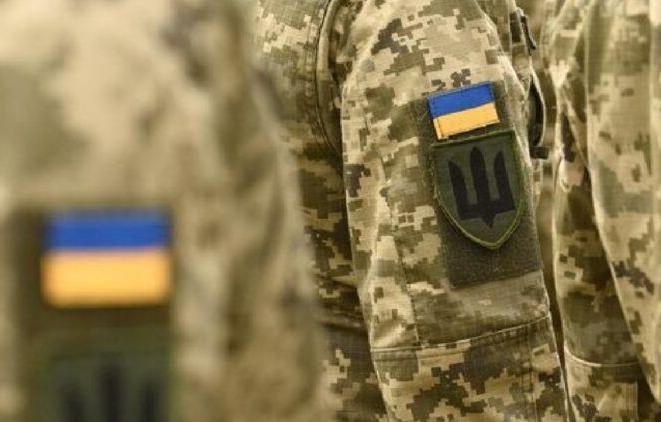Shuliak explains how prisoners will be mobilised
The right to mobilise from prison for MPs and some top corrupt officials was removed from the bill

On Wednesday, the Verkhovna Rada passed a bill that allows certain categories of convicts to be mobilised into the Armed Forces of Ukraine.
The head of the Servant of the People party, Olena Shulyak, explained how it will work.
The law prohibits the mobilisation of those convicted of serious crimes, such as premeditated murder, rape, sexual violence, as well as those who have served time for crimes against national security.
Restrictions on getting out of prison also apply to officials convicted of corruption – the draft law removed the right to mobilise from prison for MPs and some top corrupt officials (with exceptions).
However, according to Shulyak, in the final version of the law, those who committed unintentional homicide (except for those who committed such a crime under the influence of drugs or medication) were allowed to be released on parole to serve in the Armed Forces.
According to Shulyak, the mobilisation of prisoners is possible only by court order and must be a voluntary decision of a person, subject to the consent of the commander of the military unit.
The prisoner must be fit for service in the Armed Forces of Ukraine due to his mental state and health. The prisoner must have a little more than three years left in his sentence.
Prisoners who have more than three years left to serve, as well as those sentenced to life imprisonment, will be denied immediately without the right of reconsideration, the BBC reports.
Former prisoners will serve in special units and will be supervised by the commanders of the military unit where they are assigned.
If those released to serve in the Armed Forces commit a new crime, the sentence imposed under the new sentence will be added to the unspent portion of the previous sentence.
For evading the contract, such persons face imprisonment for a term of five to ten years. The law stipulates that the contract of such servicemen will end with the completion of the special period of service or the announcement of the decision to demobilise.
Such servicemen will not be granted leave.
Background. Earlier, Mind reported that the Verkhovna Rada had adopted a draft law on the mobilisation of convicted persons as a basis. "281 MPs voted in favour. "They promise to remove the risks of anti-corruption (there is a decision of the Anti-Corruption Committee) and serious crimes by the second reading," the MP said.
If you have read this article to the end, we hope that means it was useful for you.
We work to ensure that our journalistic and analytical work is of high quality, and we strive to perform it as competently as possible. This also requires financial independence. Support us for only UAH 196 per month.
Become a Mind subscriber for just USD 5 per month and support the development of independent business journalism!
You can unsubscribe at any time in your LIQPAY account or by sending us an email: [email protected]



